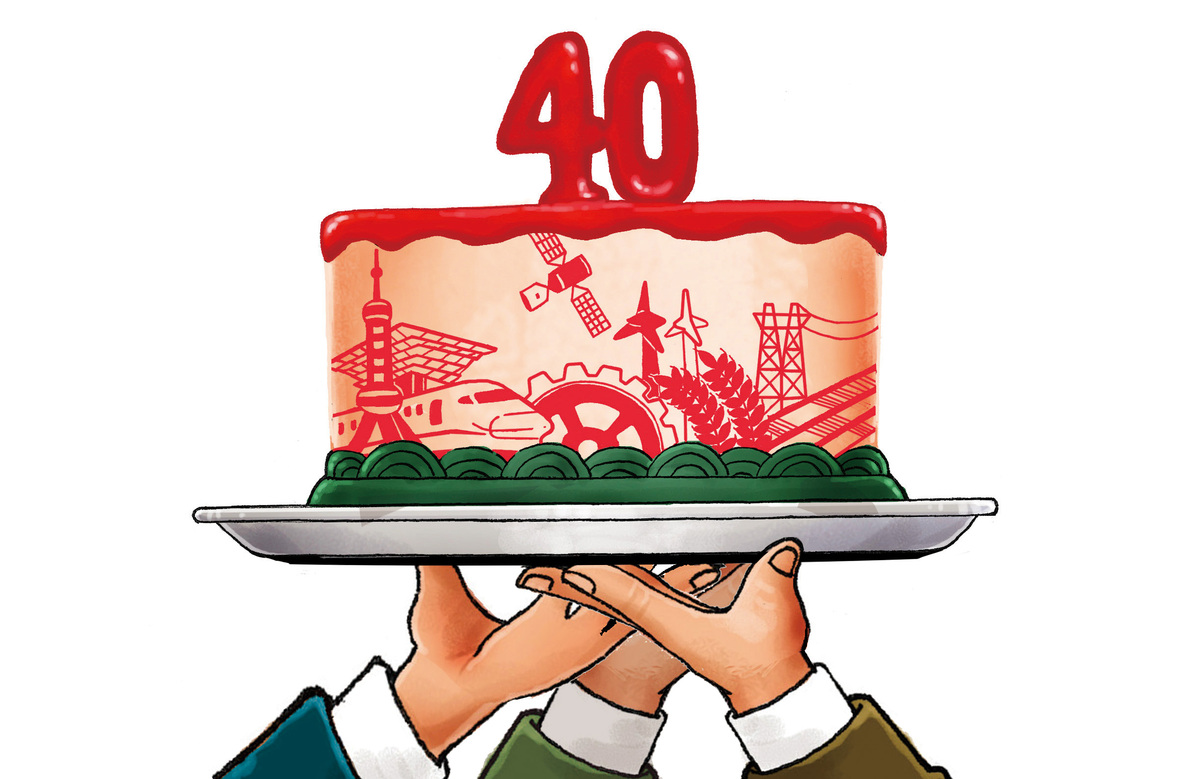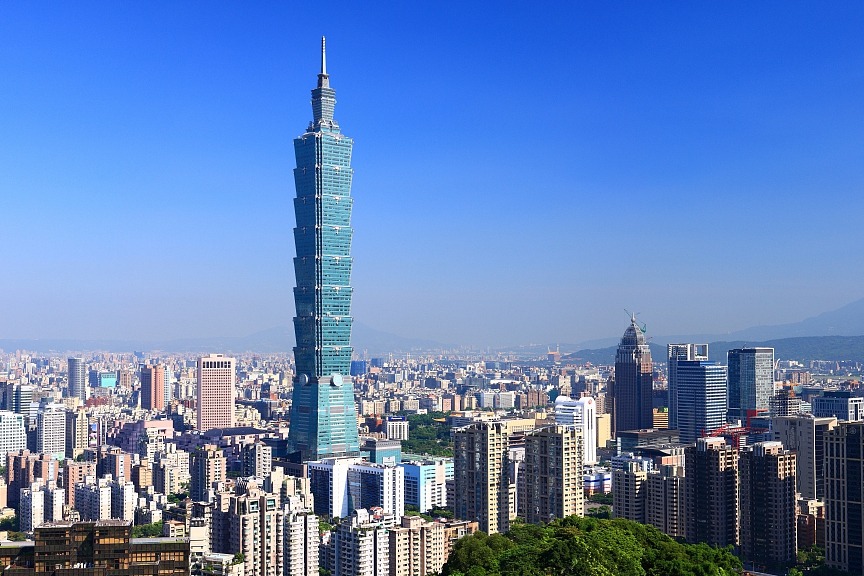Opening up to the world - 40 years on


Adam Smith, in Wealth of Nations — the often-quoted work on economics — said "China has long been one of the most fertile, best-cultivated and most industrious, prosperous and urbanised countries in the world." Smith wrote this in 1776.
Subsequently, China suffered economic stagnation and a period of challenges greater that any we can recall for a nation — invasion, civil war and World War II — struggles of a magnitude rarely encountered in our history. Yet over the past four decades China has emerged, decade by decade, as a leader. It has regained its position as a leading nation, in style and substance to match the earlier rhetoric of Smith.
Deng Xiaoping indeed "unfastened the great gate of reform and opening," as he put it. And the impact and results have extended far beyond simple economics. On May 19, The Economist magazine carried a major feature, "Opening the Gates." It was a piece exploring the broader impact of China's decisions, inspired by Deng Xiaoping's "opening-up," that enabled its people to travel freely and gain access to knowledge that has changed the world, as well as China itself. It is interesting to ponder what Sun Yat-sen – a key architect of the nation's first revolutionary moves toward a republican China – would think if he were here to survey the incredible changes China's evolution has brought to the world at large.
The reform period began in the late 1970s, with the opening up of China to some foreign investment and first steps encouraging entrepreneurs to start commercial businesses. The later stages of this "opening-up" extended to the privatisation of some state-owned industries and the elimination of many protectionist policies and restrictions. State monopolies do remain, but market and consumer-led policies and the development of global trade and dramatic growth in exports brought for China the position of unrivaled No 1 trading nation some years ago now. Economic growth for 10 years or more at an average of 9.5 percent was unprecedented, and year-on-year growth continues at rates envied by most other nations.
But to focus on the economic aspects of China's opening-up is to miss so much of the impact of the policy, both for China and the wider world. The Belt and Road Initiative within the broader context of the "Chinese Dream" espoused by President Xi Jinping is a bold manifestation of international engagement, a continuation of the "opening-up" principles defined by Deng Xiaoping. The initiative includes trillions in overseas investment, and a programme of international outreach more expansive than anything seen since the Silk Road centuries ago, which began in Central China's Xi'an.
And the phenomenon of Chinese citizens traveling the world, living overseas and the large numbers of Chinese students studying in the west and then returning home is one we will not be able to fully measure for some time. While some students travel to centers of scientific and technological excellence such as California, London and Cambridge and stay abroad for extended periods, the large majority — estimates indicate 80 percent — return home to start companies, engage in research or other activities with a clear aim at supporting the ongoing development of the motherland. Chinese urban centers – where entrepreneurial ecosystems now rival the best in the West – offer attractive incentives for returnees starting or growing businesses, and investment finance is available to support new business formations.
And all of this only begins to describe the importance of this accumulated "opening-up". In Africa, the world's second-most populous continent, it is estimated there are more than one million Chinese emigrants establishing enduring connections while contributing through investment and infrastructure development programs to local economic and social improvement.
On a personal level, as someone who visits China regularly, the social development with international understanding and the speed of change strike me as truly remarkable. China's development in areas like social media, technology, telecommunications and payment systems, artificial intelligence, machine learning, big data, robotics and genetic genomic knowledge and application are advancing China into a leadership position, to the point some are calling China the "Innovation Nation". We need to give credit to Deng Xiaoping's successor Jiang Zemin, who embraced the internet in its early day — adopting a global communications technology that changed the world. Centuries ago, China was a great center of invention. History seems to be repeating itself, largely as a result of the opening-up policy launched 40 years ago.
As to the future — nothing is ever certain. Working as I do with very many young people from China here and in their home country, I am struck by their hopefulness. They think positively, many having been exposed in great depth to life and culture in the West, but in the vast majority of cases are planning a future in China. They are clearly conscious and proud of a centuries-old heritage of culture and principles which endure as the world continues to change. Forty years of progressive opening up and worldwide engagement have developed a new generation of young people who are both Chinese at heart and citizens of the world. This is an important legacy for a nation assuming a position of increased international responsibility as a world leader.
The author is a professor at the University of Cambridge in England and also has appointments at four Chinese Universities and is a director of Chinese and UK companies.


































